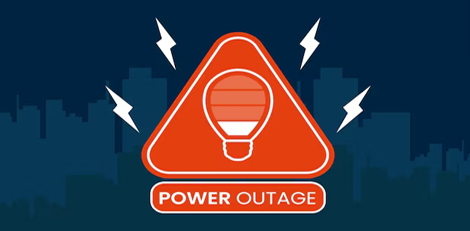How to keep your kidneys healthy?
Posted on: 10/Mar/2022 2:19:05 PM
.jpeg)
The burden on Chronic Kidney Disease (CKD) has increased worldwide due to the increase in non-communicable diseases (NCDs) and other risk factors such as diabetes, hypertension, vascular disease and glomerulonephritis (inflammation of glomeruli, the tiny filters in your kidneys). Although CKD affects all age groups, it is more prevalent in those above the age of 65. It affects approximately 10 per cent of the worlds adult population.
Kidneys are vital to our health and hence it is essential to keep them healthy. With the increasing pace of stressful and sedentary lifestyles, people are becoming susceptible to serious kidney problems. In-take of a balanced diet will help us to keep our creatinine level. High creatinine can affect our kidneys which will further lead to renal failure. In India, over the past 10-15 years, lifestyle-related diseases have contributed to over 60 per cent of the disease burden in the country. Currently, we are witnessing every year 2,00,000 patients dying due to kidney failure in India.
Healthy kidneys are important to your overall health and general well-being. Here are a few tips to keep your kidneys healthy:
Stay hydrated: Drink plenty of water. During hot weather or while performing strenuous exercise, you need to drink more water than usual to make up for the fluid lost by sweating.
Eat healthy: A balanced diet ensures you get all the vitamins and minerals your body needs. Eat plenty of fruits and vegetables. Reduce salt content in your diet. Avoid foods that are high in saturated fats and cholesterol like cheese and fried foods.
Monitor and control your blood pressure: High blood pressure can increase your risk of kidney and heart problems. It is very important to detect hypertension and control your blood pressure with life-style changes and medications.
Quit smoking: Smoking narrows the blood vessels and reduces blood flow to the kidneys. It also increases blood pressure and heart rate and accelerates the loss of kidney function.
Avoid high protein health supplements: High protein health supplements can burden your kidney. It is important to consult your doctor before starting over the counter protein supplements.
Exercise regularly: Make physical activity part of your daily routine. Aim for at least 30 minutes of moderate-intensity exercise, such as walking, cycling, or swimming every day.
Avoid painkillers: Over the counter painkillers like ibuprofen, diclofenac, naproxen can damage your kidneys, if you take them regularly for joint pain, headaches, etc. Consult your doctor for evaluation of pain and kidney-safe pain medications.
Control your blood sugars: Diabetes is the leading cause of kidney disease. Uncontrolled sugars can cause damage to your eyes, nerves, heart, blood vessels and kidneys over a period of time. Good control of blood sugars will help you lead a long and healthy life.
Screen for kidney disease if you are at high risk: Individuals with diabetes, high blood pressure, heart disease or a family history of kidney failure are at a higher risk of developing kidney disease. Screening should be done yearly with a urine routine and renal function test. The earliest symptoms of kidney disease include puffiness of the face, swelling of legs, nausea, vomiting, and reduced appetite.







